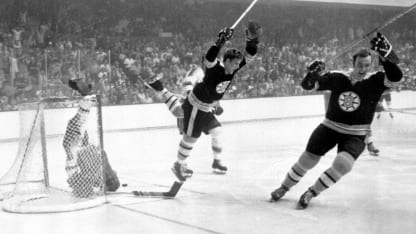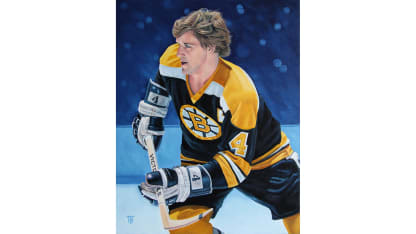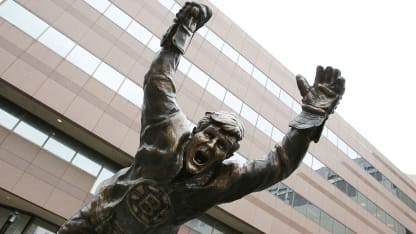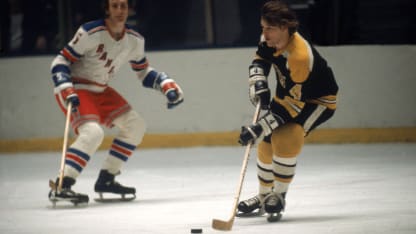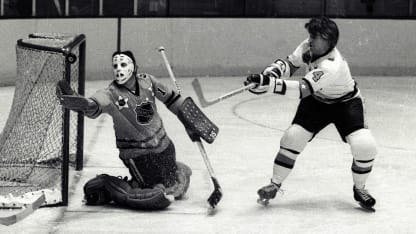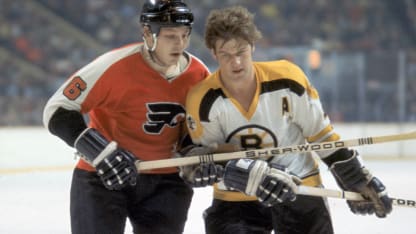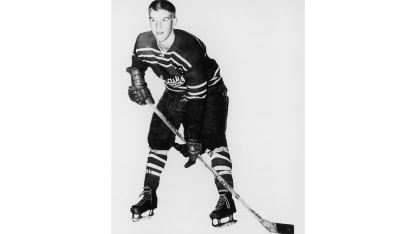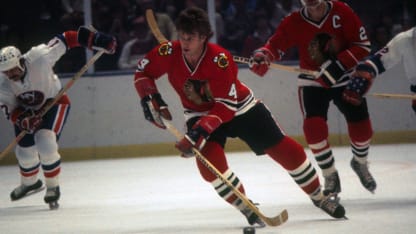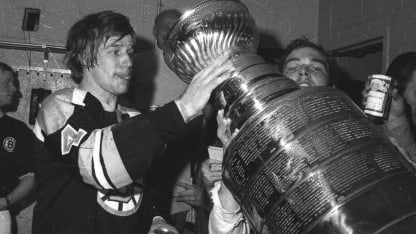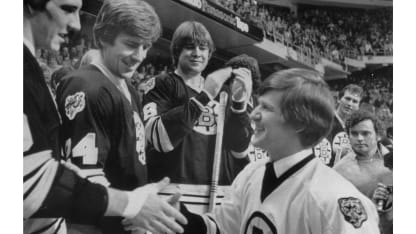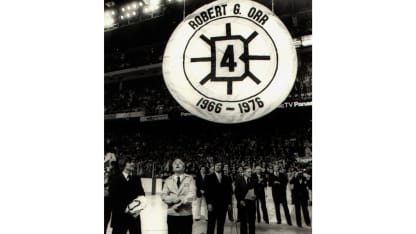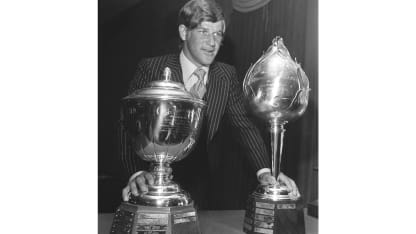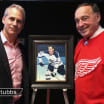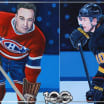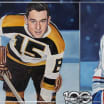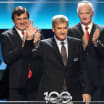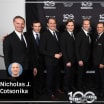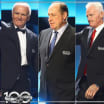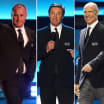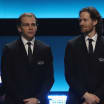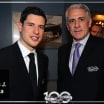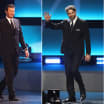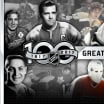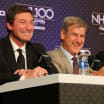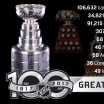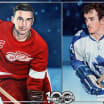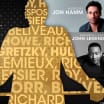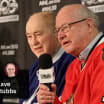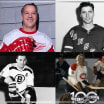With Orr in the lineup, how different would the Canada national team have looked in the historic eight-game Summit Series against the Soviet Union in 1972, when he was unable to play because of injury?
Hypothetical questions, for which there will never be answers.
But what we do know about Orr is that he not only dominated the position of defenseman during his too-short career, he thoroughly revolutionized the way the game is played.
"Bobby Orr," said Toronto Maple Leafs legend Darryl Sittler, an Orr teammate in the 1976 Canada Cup, "was better on one leg than anybody else was on two."
BOBBY ORR CAREER TOTALS | View Full Stats
Games: 657 | Goals: 270 | Assists: 645 | Points: 915
The debate over the greatest player in NHL history will always be subjective, but in any discussion about it, you are bound to hear a handful of names that virtually always includes Orr and forwards Wayne Gretzky and Gordie Howe.
All were brilliant talents, trailblazers who statistically and with their artistry made the game their own with skills never before seen. With otherworldly abilities, each dominated not just a game, but his era. Their preparation and their styles of play would be studied for generations to come, templates for countless future players.
You're barely scratching the surface of Orr's impact on hockey between 1966 and 1978 if you study only his NHL trophy case; he won 18 individual awards to go with two Stanley Cup championships with the Boston Bruins, in 1970 and '72.
